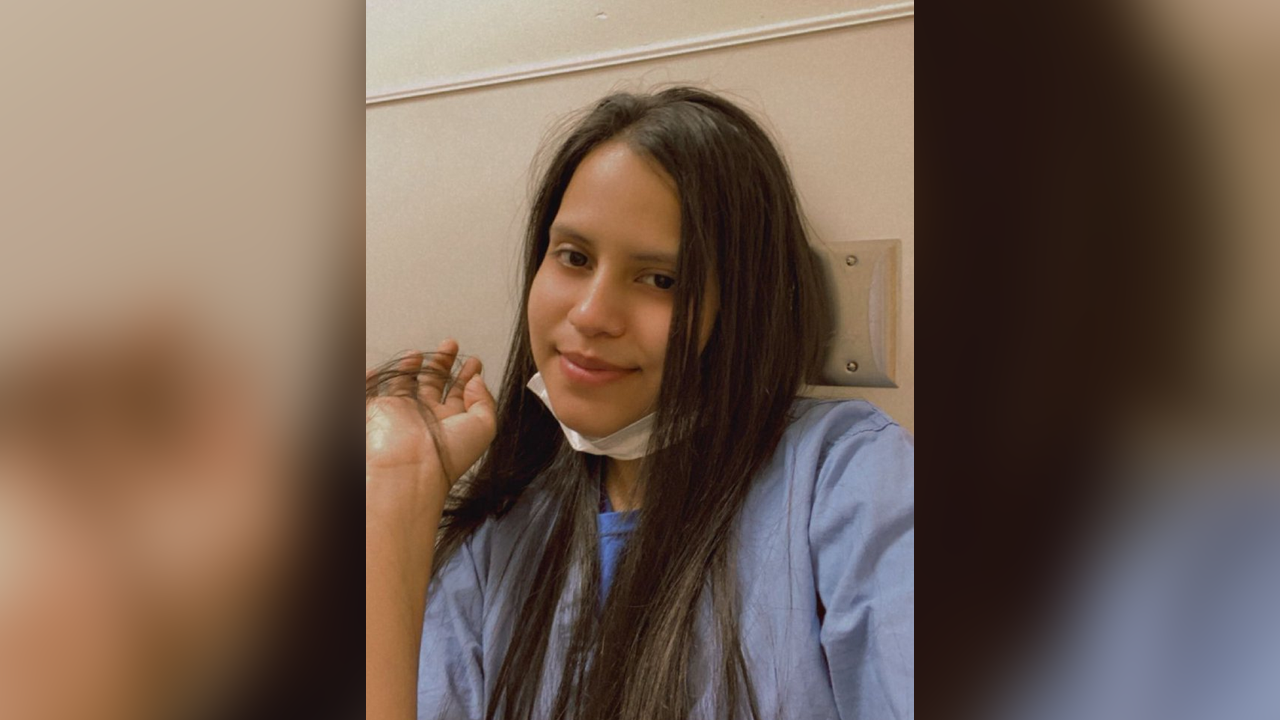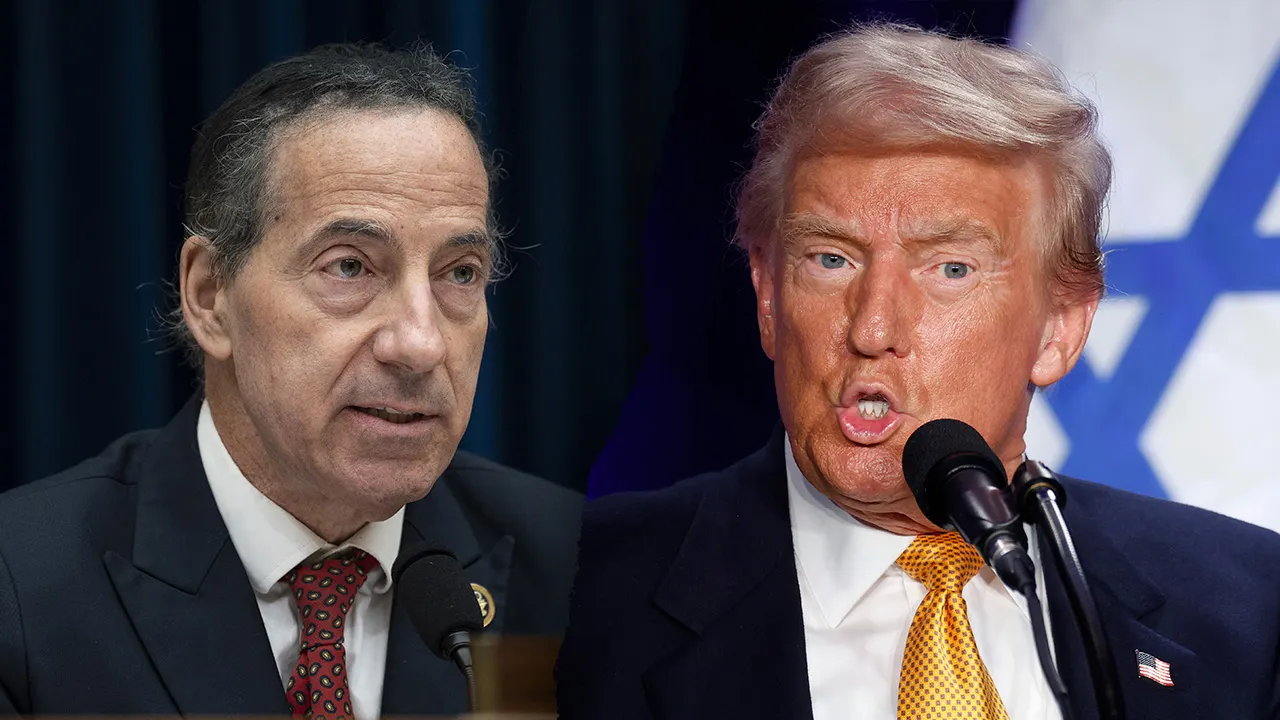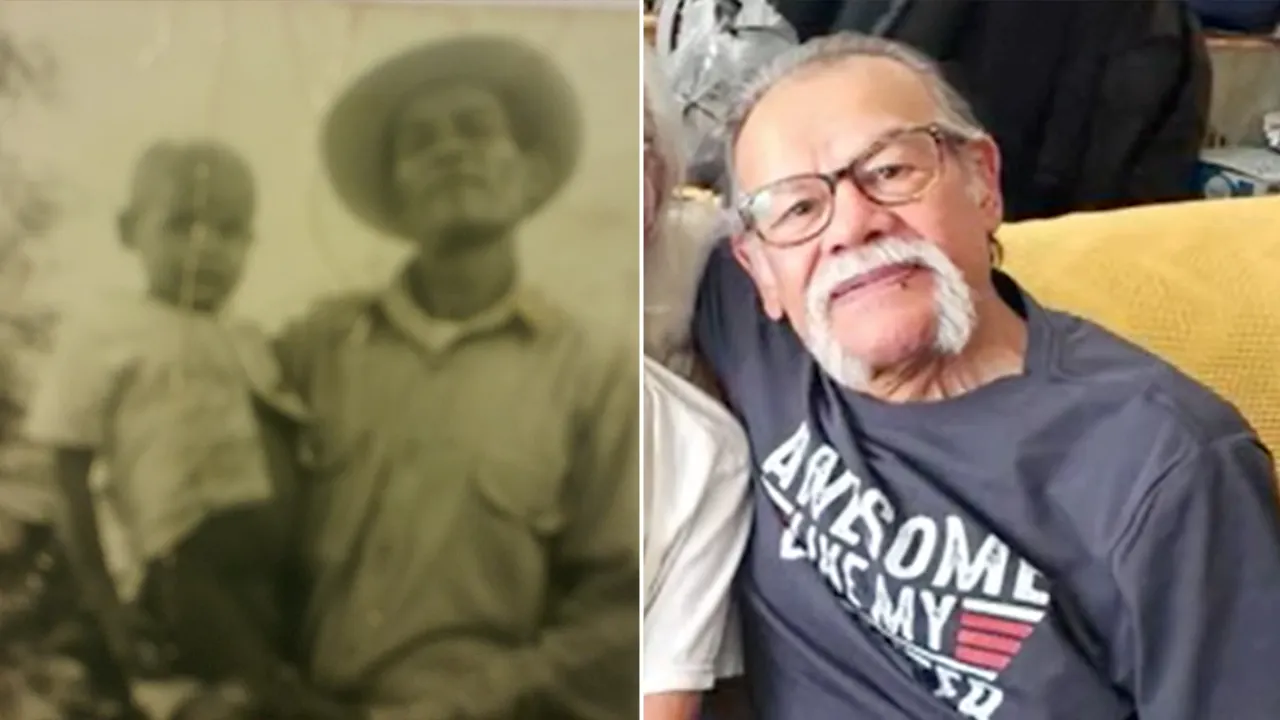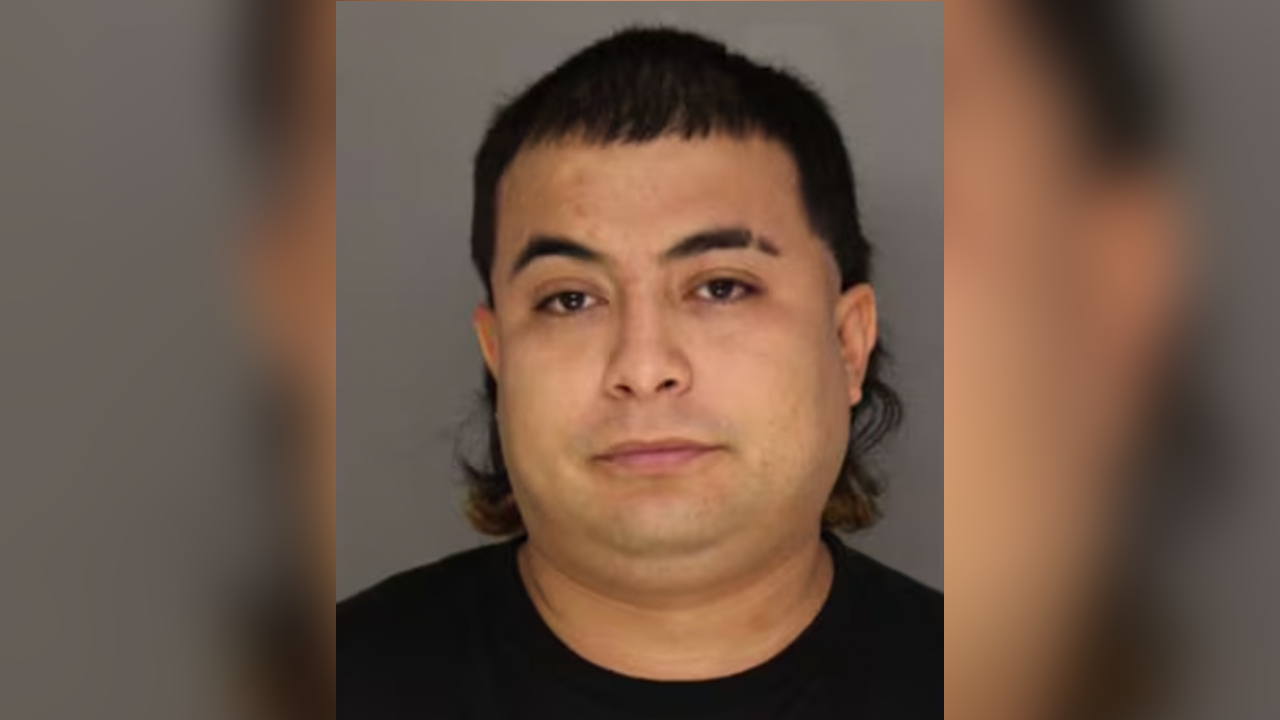The execution of a Missouri man convicted in a 1998 murder of a social worker is set to proceed as planned on Tuesday after the state’s Supreme Court and governor denied repeated requests to cancel the lethal injection.
Marcellus Williams, 55, will be killed by lethal injection Tuesday at 6 p.m. for the fatal stabbing of Lisha Gayle, a social worker and former newspaper reporter, during a burglary at her St. Louis home in 1998.
Missouri’s Republican Gov. Mike Parson, a former sheriff who has never granted clemency in a death penalty case, rejected Williams’ request to spare him and convert his sentence to life in prison.
“Nothing from the real facts of this case have led me to believe in Mr. Williams’ innocence,” Parson said in a statement.
“As such, Mr. Williams’ punishment will be carried out as ordered by the Supreme Court.”
The Missouri Supreme Court also denied a request to outright cancel the execution to provide time for a lower court to make a new determination about whether a trial prosecutor excluded a potential Black juror for racial reasons during Williams’ 2001 conviction.
“Despite nearly a quarter century of litigation in both state and federal courts, there is no credible evidence of actual innocence or any showing of a constitutional error undermining confidence in the original judgment,” Judge Zel Fischer wrote in the state Supreme Court ruling.
The prosecutor for the original trial said at an evidentiary hearing on Aug. 28 that he did strike one potential Black juror from the group in part because he thought the man looked too much like Williams, which Williams’ attorneys asserted showed racial bias.
Williams has insisted that he is innocent, but his attorneys did not try to prove his claim to the state’s Supreme Court on Monday. Instead, they focused on the exclusion during the jury selection and the prosecution’s alleged mishandling of the murder weapon, a large butcher knife.
His attorneys, alongside groups like the Midwest Innocence Project, have fought for his clemency multiple times before. His previous two execution dates, one in January 2015 and another in August 2017, were called off by the state Supreme Court and former Missouri Gov. Eric Greitens, respectively.
St. Louis County Prosecuting Attorney Wesley Bell plans to appeal the Missouri Supreme Court ruling to the U.S. Supreme Court, spokesman Chris King said.
“Even for those who disagree on the death penalty, when there is a shadow of a doubt of any defendant’s guilt, the irreversible punishment of execution should not be an option,” Bell said in a statement.
Previous questions concerning DNA evidence spurred Williams’ defense to pursue further testing, which culminated in both a panel of retired judges to reexamine the case in 2017 and a hearing to challenge Williams’ supposed guilt in 2024.
The panel never reached a firm conclusion and the hearing was discarded after new testing on the murder weapon detected the DNA of a member of the prosecutor’s office who handled the butcher knife without gloves.
Attorneys with the Midwest Innocence Project then pivoted to compromise with the prosecutor’s office for a no-contest plea to first-degree murder so that Williams could receive a new death penalty-free sentence of life in prison with no parole.
Judge Bruce Hilton and Gayle’s family agreed, but the Missouri Supreme Court still blocked the compromise at the behest of Republican Missouri Attorney General Andrew Bailey.
Gayle was stabbed to death 43 times with a butcher knife on Aug. 11, 1998 when someone broke into her home and stole her purse and her husband’s laptop. Authorities said that Williams’ girlfriend saw the missing purse and laptop in his car and that he sold the computer a few days later.
Henry Cole, who shared a cell with Williams when he was in prison in 1999 on unrelated charges, told prosecutors that his cellmate had confessed to the killing in detail.
With Post Wires
Read the full article here















